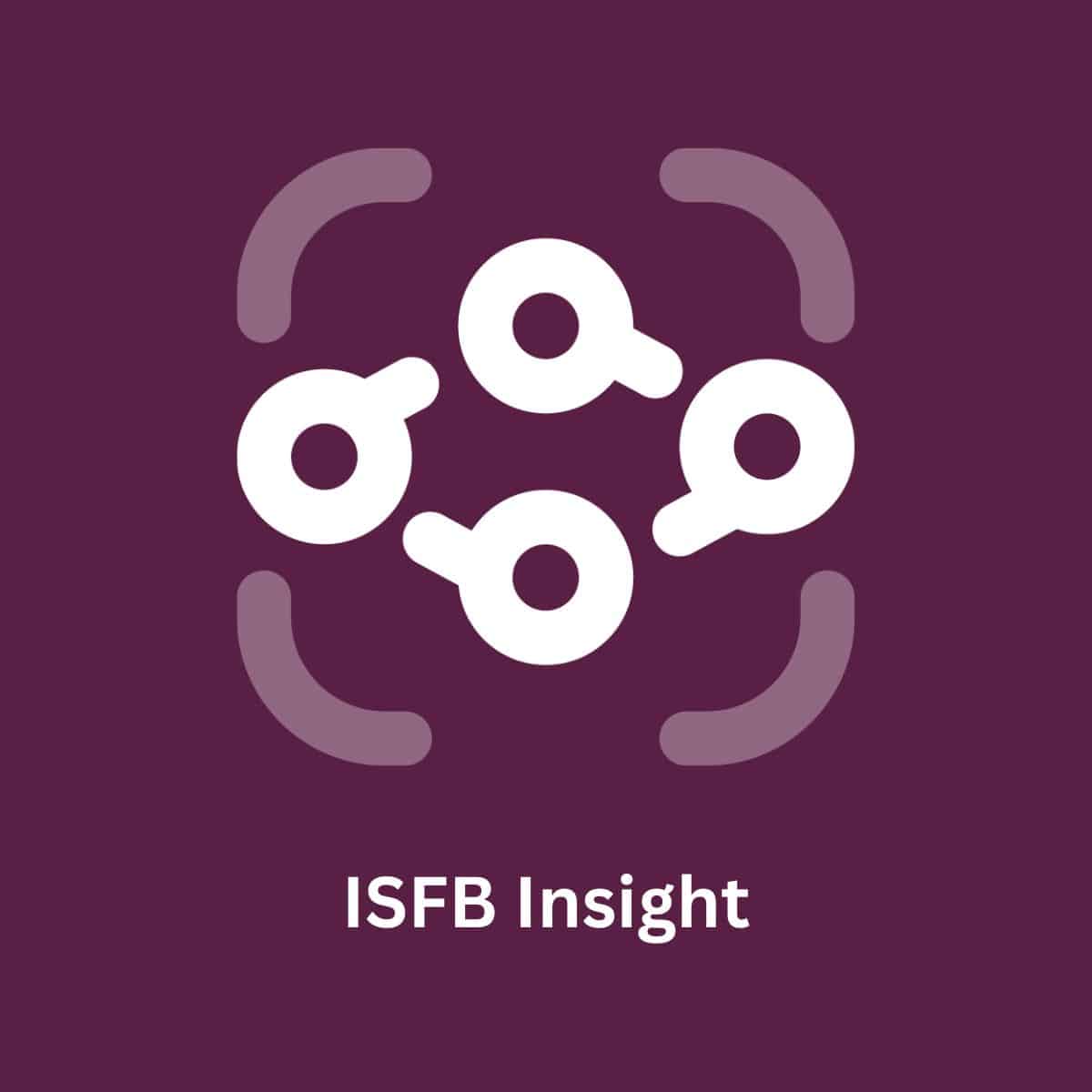Network reach
Interview with Grégoire Pennone, CEO of ONE Swiss Bank SA
Grégoire Pennone, you are CEO of ONE Swiss Bank SA. How important is skills development to your company?
Henry Ford is credited with saying that " the two most important things you don't see on a company's balance sheet are its reputation and its people ". On the strength of this conviction, developing the skills and knowledge of ONEmates is a fundamental strategic investment at ONE for three main reasons:
1/ Facing tomorrow's challenges in a changing industry.
2/ To adapt skill levels to the needs and expectations of educated, informed and involved customers.
3/ Finally, to innovate in order to stand out in a particularly competitive market and attract the best.
The only way to meet these challenges is to invest in our human resources and help them develop their skills.
In your opinion, what are the challenges facing the French-speaking financial center in terms of skills development, particularly in the area of sustainable finance?
They are many: regulatory requirements, new asset classes, new ways of interacting with customers, digitization, sustainable finance, artificial intelligence, robotization of processes, etc. We have to be realistic. Let's face it, the world of finance has evolved enormously over the past 15 years, and many of Switzerland's competitive advantages have disappeared. We have to adapt to keep up, and strengthen certain specific and uncommon areas of expertise.
Sustainable finance, of which Geneva was a pioneer, is one of these distinctive areas of expertise, but it remains somewhat confidential and limited to certain experts. All the bank's business lines need to step up their skills to strengthen this area of expertise, which is part of Switzerland's distinctive know-how, by building on its unique legitimacy.
How do you approach the issue of sustainable finance at your company?
Please refer to our latest Sustainability Report published in March, the first time in reference to Global Reporting Initiative (GRI) standards. It contains our first materiality impact matrix, involving our internal and external stakeholders. This is a further step in our sustainability journey. The key is to maintain a sincere, pragmatic and inclusive approach, in the sense of involving as many stakeholders as possible. I emphasize that we are also making progress in the field of asset management, extending and improving our sustainability-related investment solutions.
Your company calls on the ISFB for various skills development projects. Could you tell us about your most recent experiences?
We work closely with the ISFB to ensure that our ONEmates reinforce their knowledge in all areas of banking. For example, our relationship managers must maintain their level of knowledge and quality by following the SAQ Client Advisor Bank certification through the courses and exams offered by the ISFB. We also call on the institute for more specific subjects. For example, in 2021, three ONE employees, including myself, decided to take a course on sustainable finance. The knowledge acquired in this way has enabled us to create an internal impetus by developing a "sustainability" taskforce within ONE.
Strategic Business Area 1
Continuing Education
The Institute aims to maximize the collective and individual skills of the banking ecosystem in French-speaking Switzerland. It trains specialists in technical fields as well as in managerial and interactional skills.
The training program offers different types of training in Wealth Management, Asset Management, Retail & Corporate Banking, Support & Back-Office, Legal, Risk & Compliance and Management.


